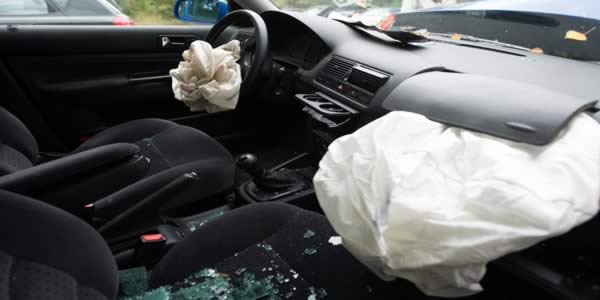As many pet owners can attest to, their animals are like members of their family. According to a Harris Poll conducted in 2011, more than three in five Americans (62%) have a pet. Among pet owners, seven in ten have a dog (69%) and half have a cat (51%). Over nine in ten pet owners (91%) say they consider their pet to be a member of their family. Over half of pet owners (57%) say they frequently let their pet sleep in the bed. Pets also get presents. One-third of pet owners (33%) frequently purchase holiday presents for their pet, while one-quarter (27%) occasionally do so. One in five pet owners (20%) frequently buy their pets birthday presents and while 17% do so occasionally.
With so many pets in our cities and counties, there are many laws addressing these pets ranging from licensing laws, leash laws, and prohibitions against owning certain pets in city limits, such as pigs, that may be considered livestock. Importantly, there are criminal laws regarding pets that injure another animal or a person.
This FREE eBook for pet owners has practical information on South Carolina’s animal laws and regulations, veterinary malpractice, animal cruelty, laws on vicious and dangerous animals, legal claims for dog bites, and much more.
In South Carolina, there are state, county, and municipal laws that criminalize the ownership of a “vicious” animal. The biggest challenge in defending a pet owner faced with a “vicious” animal charge is the very definition of the term “vicious.” Common dictionary terms are little help because they include such definitions such as “grossly immoral,” “depraved,” “evil,” “spiteful,” and “malicious.” Pets are not people, and as much as we tend to anthropomorphize our pets’ behaviors (happy, sad, mischievous, etc.), they are still animals that are driven to act out of basic instincts concerning fear, food, and safety.
Unfortunately, many criminal laws concerning “vicious” animals do little to clarify for the accused, the judge, or the jury the meaning of the term “vicious.” South Carolina’s state statute, Sec. 47-3-10(7), defines a “vicious” dog as “any dog evidencing an abnormal inclination to attack persons or animals without provocation.” On the one hand, our state’s statute offers some guidance by suggesting that a dog that is provoked into an attack may not be considered vicious. On the other hand, our state’s statute offers no clarity as to what constitutes an “abnormal inclination to attack.” Reasonable persons may differ as to what is normal vs. abnormal behavior for any dog. For example, a dog that is sweet and tender with adults, children, and other animals may still act aggressively if anyone attempts to take away the dog’s food. As another example, a dog that has never shown any tendency towards aggressive behavior may attack another animal if the dog feels threatened or cornered.
Charleston County Code Sec. 3-1 defines a “dangerous animal” as an animal “which the owner knows or reasonable should know has a propensity, tendency, or disposition to attack unprovoked . . . .” Like our state’s statute, Charleston County’s Code recognizes that an animal may be provoked into an attack, but is otherwise not a dangerous animal.
However, some laws offer little to no guidance as to what constitutes a “vicious” dog or animal. For example, in the City of Charleston, South Carolina, Municipal Code Sec. 5-19 makes it unlawful “for any person to own, keep, have charge of, shelter, feed, harbor or take care of any vicious animal within the city limits.” Unlike South Carolina’s state statute, or Charleston County’s Ordinance, Charleston’s Municipal Code does not define the term “vicious.” Also, Charleston’s Municipal Code does not recognize that an otherwise docile animal may be provoked into an attack.
In South Carolina, procedural due process requires fair notice to the accused and proper standards for adjudication. Specifically, the provisions of a criminal statute must be “sufficiently definite to give reasonable notice of the prohibited conduct to those who wish to avoid its penalties and to apprise Judge and jury of standards for the determination of guilt.” Because the Charleston Municipal Code is vague and does not define the term “vicious,” the ordinance may be unconstitutional.












